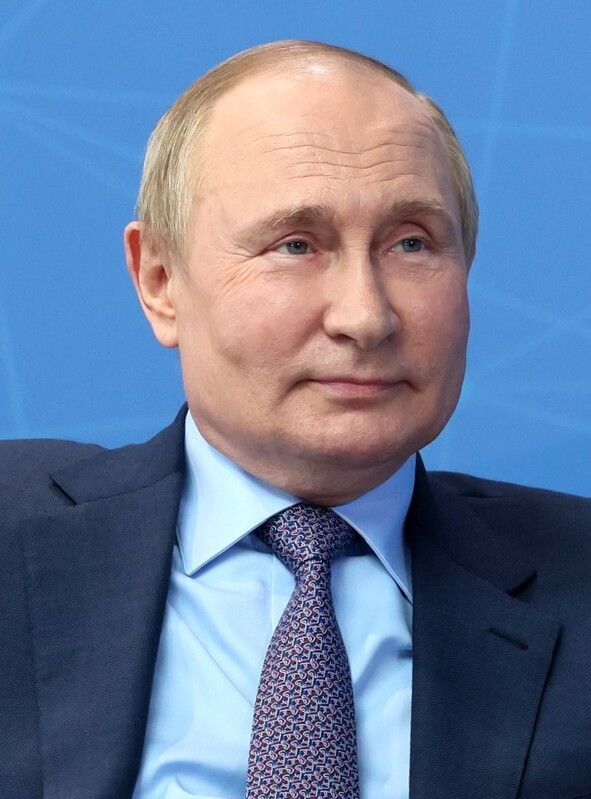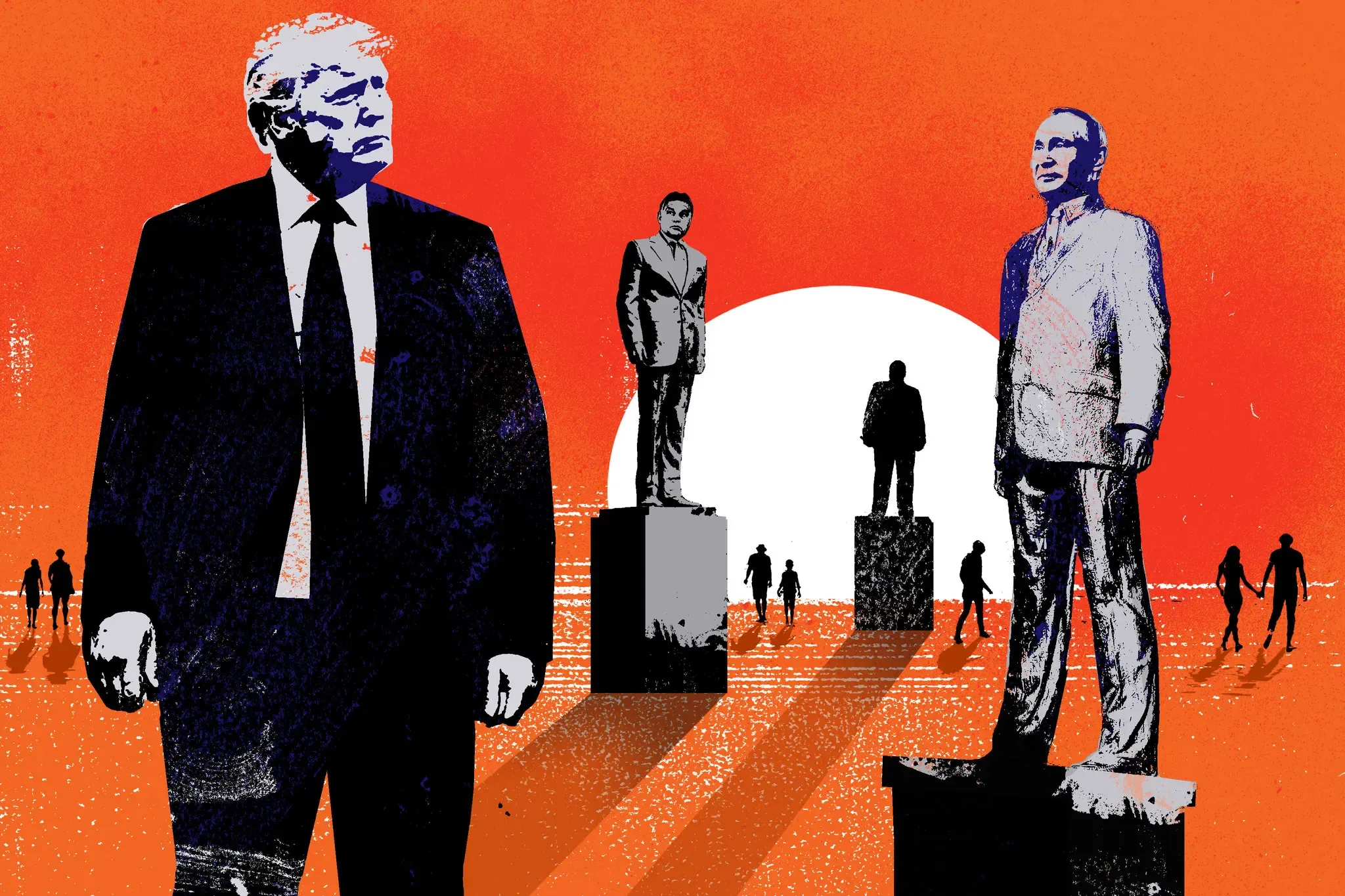Published with the generous permission of Ruth Ben-Ghiat. Read all of her outstanding writing in her Lucid newsletter.
By Ruth Ben-Ghiat
Strongmen can lose power in stages. That was the case with Fascist dictator Benito Mussolini. After twenty years of tyranny, his own Fascist Grand Council removed him from power in 1943 for incompetent leadership after the Allies landed in Sicily. Adolf Hitler revived him as head of a puppet state (the Republic of Salò), and he resumed the ruinous war that ultimately led to his death.
Will a wartime erosion of power, jump-started by Wagner Group leader Yevgeny Prigozhin's show of force, eventually take down Russian President Vladimir Putin too?
Seen from the perspective of authoritarian history, this moment stands out as a breach of a system--one of those stress tests that wars can bring--and as an omen of what could befall Putin in the future.
Prigozhin's action reminds us of the fragility of authoritarian power and why such leaders live in fear of being overthrown. It brought to mind a passage from the "Endings" chapter of Strongmen. "The authoritarian playbook has no chapter on failure. It does not foresee the leader’s people turning against him, from military men he trained to young people he indoctrinated to women he rewarded for having babies."
Authoritarian leaders arrange things to prevent intimations of that failure from reaching their ears. They surround themselves with sycophants who won't tell them the truth about their incompetence and puff up their personality cults and aura of omnipotence. Ironically, this "institutionalized lying," as I call it, only increases their insecurity and obtuseness about what is happening on the ground, in their ministries and among their regular and irregular armed forces.
The longer such individuals stay in power, the more defensive and paranoid they become, which is why they multiply their bunkers and informants, monitoring everyone and trusting no one.
While Putin blames the West for threatening Russia's cultural and moral integrity, his greatest fear seems to be the prospect of the Russian Federation imploding from within, repeating in miniature the breakup of the USSR that so scarred and shaped him.
All autocrats fear being overwhelmed by "the mob" that could come for them. But Putin's particular obsession with tropes of disintegration speaks to his terror of everything falling apart, of the center not holding, of the power verticals he has so carefully assembled crumbling.
This fear coursed through his 2013 address to the nation, which warned Russians that without his leadership they would be overwhelmed by “retrogression, barbarism…movements backward and downward, to the chaotic darkness, a return to the primitive condition.”
The next year, he authorized the creation of the Wagner Group under Prigozhin's lead. Wagner is not just a mercenary force with a lawless culture (they recruit in prisons): it is an integral part of Putin's kleptocracy. It rapes and murders, as autocrats' irregular forces often do, but it also funnels profits from plundering assets in its foreign theaters of operation back to Moscow.
Wagner cooperated with the system until Prigozhin's simmering tensions with the Russian military command --based on poor performance in Ukraine and dislike of a rival corruption channel--boiled over. Then Wagner turned its wrath inward. For a few nightmarish days, Putin found that the center did not hold.
Whatever Prigozhin's actual aims were in making his move (former Russian Foreign Minister Andrei Koyrev's reminder to "believe nothing Putin or Prigozhin tell you" bears repeating), his show of power, staged on Russian territory, has left Putin seeming weaker—and perception is everything in the strongman world.





